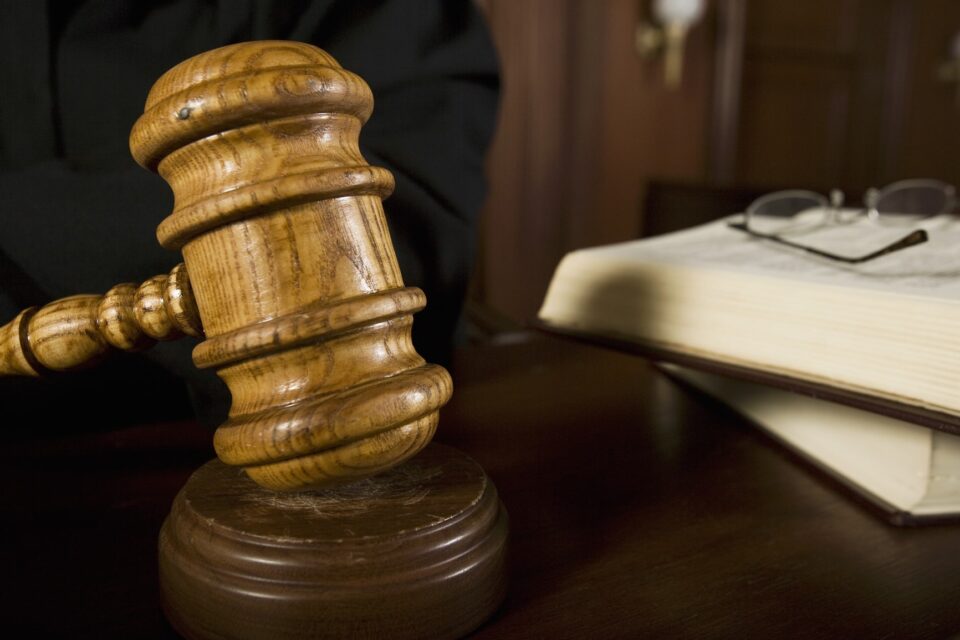Bus accidents can be devastating events that leave victims facing serious injuries, mounting medical bills, and complex legal questions. When such incidents occur in Atlanta, understanding your legal options and the role of a bus accident attorney in Atlanta becomes crucial for protecting your rights and securing fair compensation.
The Complexity of Bus Accident Cases
Bus accident cases differ significantly from typical car accidents due to their unique legal complexities. Unlike private vehicle collisions, bus accidents often involve multiple parties, including the bus operator, the transportation company, government entities, and potentially other drivers. This multi-layered responsibility structure makes determining liability particularly challenging.
In Atlanta, bus accidents can involve various types of vehicles, from MARTA buses and school buses to private charter buses and tour coaches. Each category operates under different regulations and insurance requirements, which directly impacts how legal claims are handled.
Common Causes of Bus Accidents
Understanding the frequent causes of bus accidents helps victims and their families recognize when legal action may be warranted. Driver fatigue represents one of the most significant factors, as bus operators often work long hours under demanding schedules. Poor vehicle maintenance also contributes to accidents, particularly when transportation companies cut corners on routine inspections and repairs.
Weather conditions specific to Atlanta, such as sudden thunderstorms and occasional ice, can create hazardous driving conditions that increase accident risk. Additionally, the city’s heavy traffic and complex roadway systems present ongoing challenges for bus operators navigating through congested areas.
Legal Framework for Bus Accident Claims
Bus accident claims in Georgia operate under specific legal principles that differ from standard personal injury cases. The concept of common carrier liability applies to public transportation companies, meaning they are held to a higher standard of care than ordinary drivers. This elevated duty requires bus operators to exercise extraordinary care for passenger safety.
Government immunity laws may also apply when accidents involve public transportation systems like MARTA. These cases require specialized knowledge to navigate the complex procedural requirements and shortened filing deadlines that often apply to claims against government entities.
Insurance Considerations
Commercial bus operators typically carry substantial insurance policies due to their potential for causing significant harm. However, these larger insurance policies often come with insurance companies that aggressively defend claims. Understanding policy limits, coverage exclusions, and the claims process becomes essential for securing appropriate compensation.
The Role of a Bus Accident Attorney in Atlanta
A qualified bus accident attorney brings specialized expertise to these complex cases. Their primary responsibility involves conducting thorough investigations to determine all liable parties and identify available insurance coverage. This investigation often requires reviewing maintenance records, driver logs, surveillance footage, and witness statements.
Legal representation becomes particularly valuable when dealing with multiple insurance companies and their adjusters. These professionals are trained to minimize payouts, and having experienced legal counsel helps level the playing field for accident victims.
Evidence Preservation and Case Building
Time is critical following a bus accident, as evidence can quickly disappear or become contaminated. An experienced attorney understands the importance of immediate action to preserve crucial evidence, including requesting maintenance records, obtaining driver qualification files, and securing electronic data from the bus’s onboard systems.
Building a strong case requires establishing not only the cause of the accident but also the full extent of damages suffered. This includes current and future medical expenses, lost wages, pain and suffering, and potential long-term disability impacts.
Types of Compensation Available
Bus accident victims may be entitled to various forms of compensation depending on their specific circumstances. Economic damages typically include medical expenses, rehabilitation costs, lost wages, and reduced earning capacity. These tangible losses are generally easier to calculate and prove through documentation.
Non-economic damages address the intangible impacts of the accident, such as pain and suffering, emotional distress, and loss of life enjoyment. While more challenging to quantify, these damages often represent a significant portion of a victim’s overall compensation.
In cases involving particularly egregious conduct, such as intoxicated driving or willful safety violations, punitive damages may also be available. These damages serve to punish the wrongdoer and deter similar future conduct.
Statute of Limitations and Filing Deadlines
Georgia law imposes specific time limits for filing bus accident claims, known as statutes of limitations. Generally, personal injury claims must be filed within two years of the accident date. However, claims against government entities often have much shorter deadlines, sometimes as brief as six months.
These strict deadlines make it essential to consult with a bus accident attorney promptly after an accident. Waiting too long can result in losing the right to pursue compensation entirely, regardless of the merits of the case.
Key Takeaways
Bus accidents in Atlanta involve complex legal issues that require specialized knowledge and experience to navigate successfully. The involvement of multiple parties, government entities, and substantial insurance policies creates challenges that are difficult for individuals to handle alone. Understanding your rights, the importance of prompt action, and the value of qualified legal representation can make the difference between receiving fair compensation and being left to handle devastating losses on your own. While the legal process may seem overwhelming, proper guidance can help accident victims focus on recovery while protecting their financial future.

